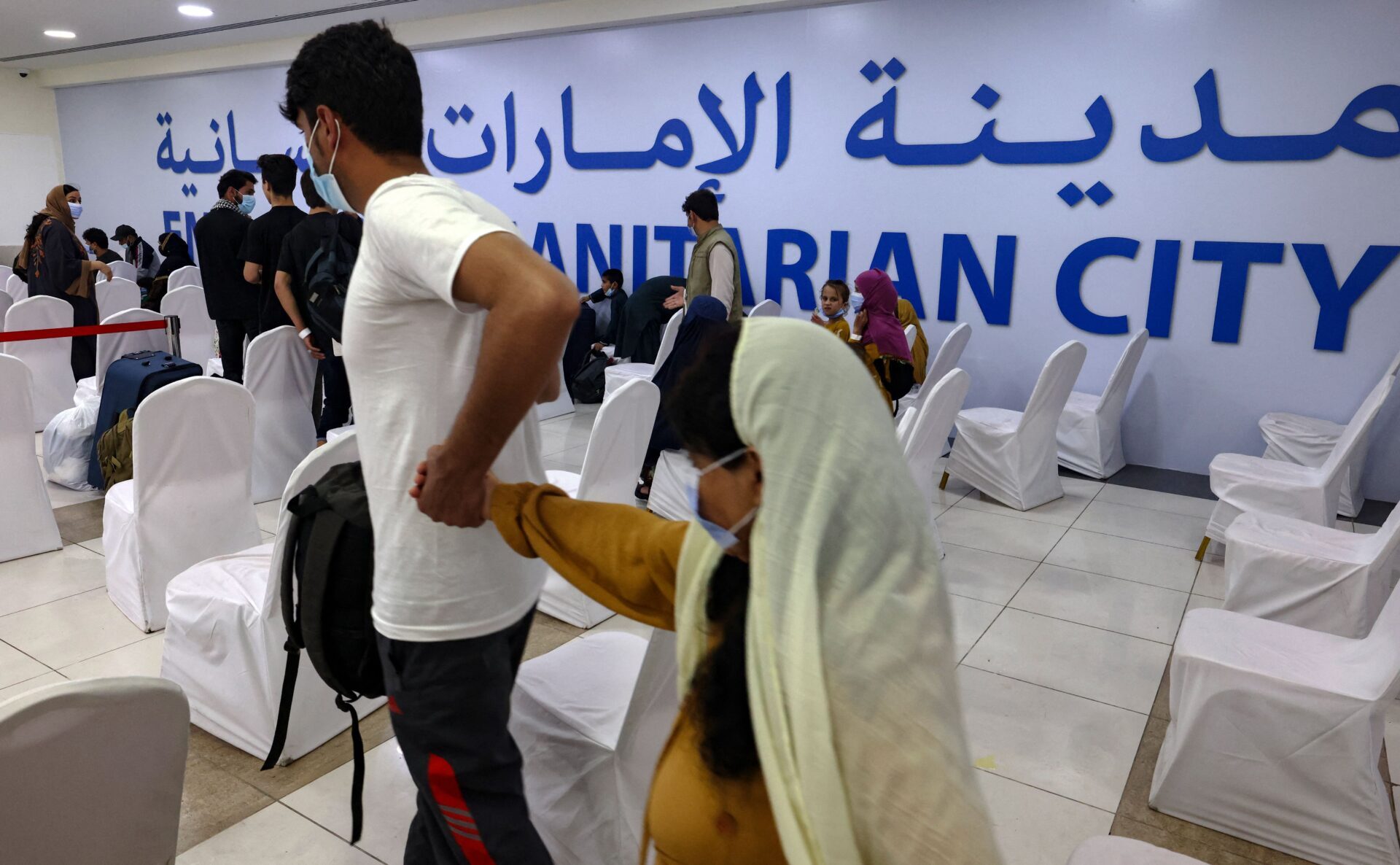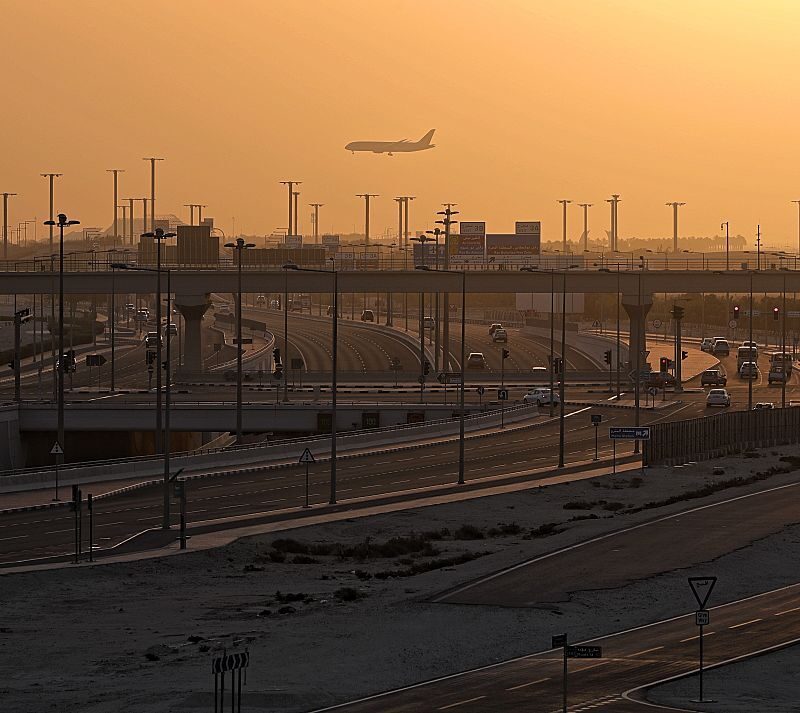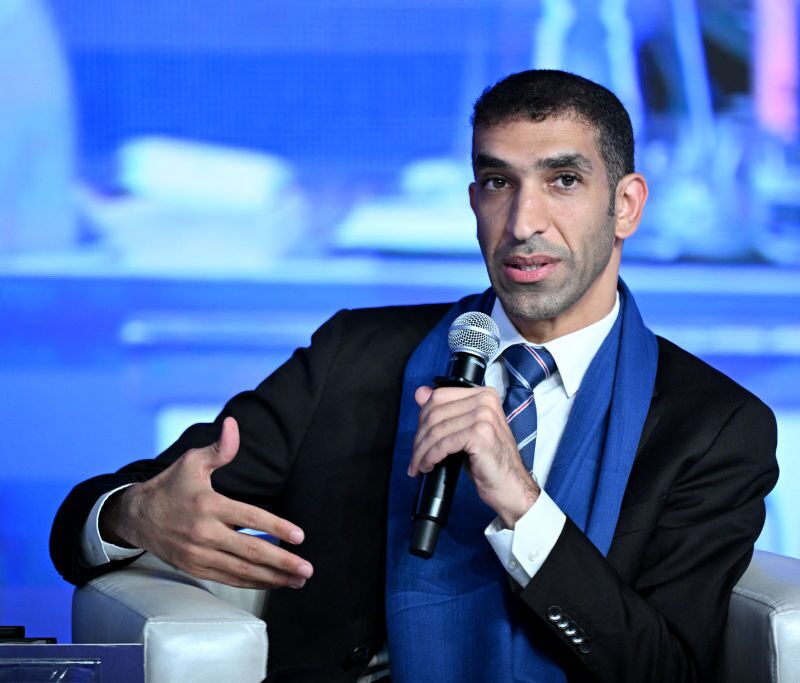
GIUSEPPE CACACE/AFP via Getty Images
The story of Rodoba Noori’s harrowing evacuation from Afghanistan
The harrowing evacuation of Afghan refugees from Afghanistan via Tajikistan to the UAE was the first Israeli-Emirati joint humanitarian mission
For five months, Rodoba Noori, 20, an Afghan refugee from the town of Herat, has resided inside the stark, white-walled rooms of Emirates Humanitarian City (EHC) in Abu Dhabi, alongside 10,000-12,000 other Afghan refugees, following the Taliban takeover of...




